777293
2-{[7-(5-N,N-Ditolylaminothiophen-2-yl)-2,1,3-benzothiadiazol-4-yl]methylene}malononitrile
99% (HPLC)
Sinónimos:
2-[[7-[5-[Bis(4-methylphenyl)amino]-2-thienyl]-2,1,3-benzothiadiazol-4-yl]methylene]propanedinitrile, DTDCTB
About This Item
Productos recomendados
assay
99% (HPLC)
form
powder
mp
230-235 °C
transition temp
Tm 233 °C
λmax
662-664 nm in dichloromethane
SMILES string
CC(C=C1)=CC=C1N(C2=CC=C(C)C=C2)C3=CC=C(C4=CC=C(C=C(C#N)C#N)C5=NSN=C54)S3
InChI
1S/C28H19N5S2/c1-18-3-8-22(9-4-18)33(23-10-5-19(2)6-11-23)26-14-13-25(34-26)24-12-7-21(15-20(16-29)17-30)27-28(24)32-35-31-27/h3-15H,1-2H3
InChI key
BCJCBXQJAANTJL-UHFFFAOYSA-N
General description
MoO3 (30nm) / DTDCTB (7nm) / DTDCTB:C60/C70 (40nm) / C60/C70 (7nm) / BCP (10nm) / Ag
Device performance:
- JSC = 14.68 mA/cm2
- VOC = 0.8 V
- FF = 0.5
- PCE = 5.81%
Application
signalword
Warning
hcodes
Hazard Classifications
Eye Irrit. 2 - Skin Irrit. 2 - STOT SE 3
target_organs
Respiratory system
Storage Class
11 - Combustible Solids
wgk_germany
WGK 3
flash_point_f
Not applicable
flash_point_c
Not applicable
Certificados de análisis (COA)
Busque Certificados de análisis (COA) introduciendo el número de lote del producto. Los números de lote se encuentran en la etiqueta del producto después de las palabras «Lot» o «Batch»
¿Ya tiene este producto?
Encuentre la documentación para los productos que ha comprado recientemente en la Biblioteca de documentos.
Los clientes también vieron
Artículos
Solution-processed organic photovoltaic devices (OPVs) have emerged as a promising clean energy generating technology due to their ease of fabrication, potential to enable low-cost manufacturing via printing or coating techniques, and ability to be incorporated onto light weight, flexible substrates.
Solution-processed organic photovoltaic devices (OPVs) have emerged as a promising clean energy generating technology due to their ease of fabrication, potential to enable low-cost manufacturing via printing or coating techniques, and ability to be incorporated onto light weight, flexible substrates.
Solution-processed organic photovoltaic devices (OPVs) have emerged as a promising clean energy generating technology due to their ease of fabrication, potential to enable low-cost manufacturing via printing or coating techniques, and ability to be incorporated onto light weight, flexible substrates.
Solution-processed organic photovoltaic devices (OPVs) have emerged as a promising clean energy generating technology due to their ease of fabrication, potential to enable low-cost manufacturing via printing or coating techniques, and ability to be incorporated onto light weight, flexible substrates.
Nuestro equipo de científicos tiene experiencia en todas las áreas de investigación: Ciencias de la vida, Ciencia de los materiales, Síntesis química, Cromatografía, Analítica y muchas otras.
Póngase en contacto con el Servicio técnico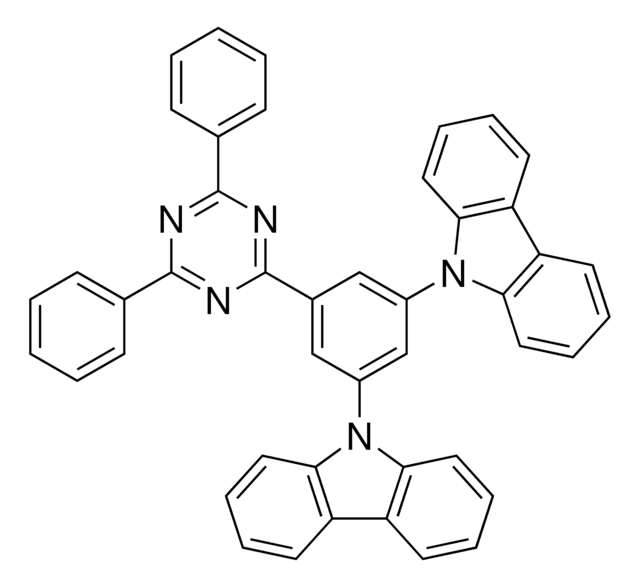
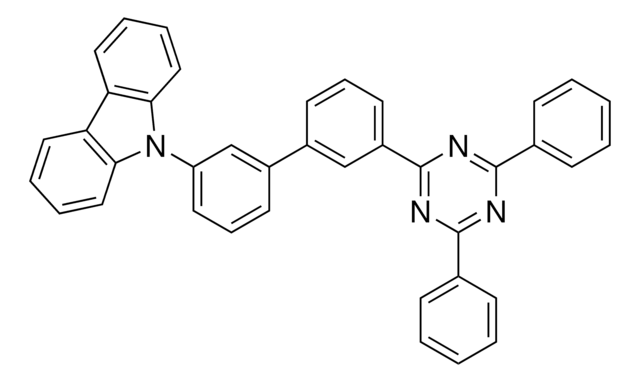
iridium(III) 97%](/deepweb/assets/sigmaaldrich/product/structures/309/053/0823f035-245c-433d-b033-2eca2d931c67/640/0823f035-245c-433d-b033-2eca2d931c67.png)
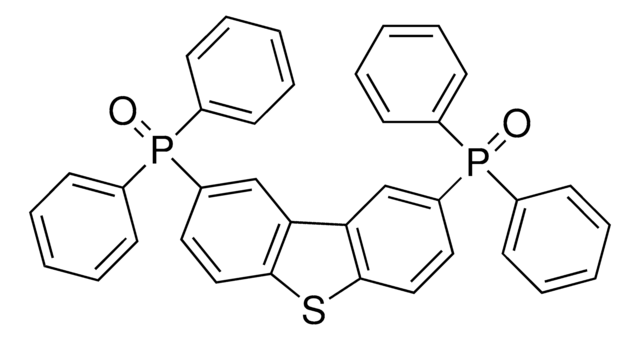
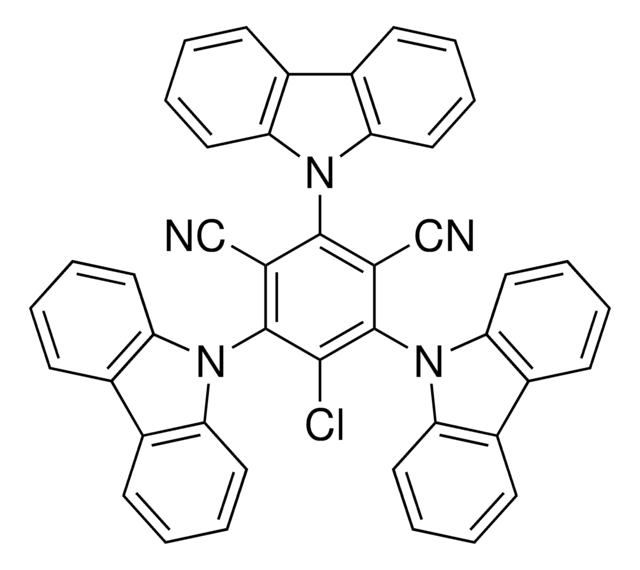

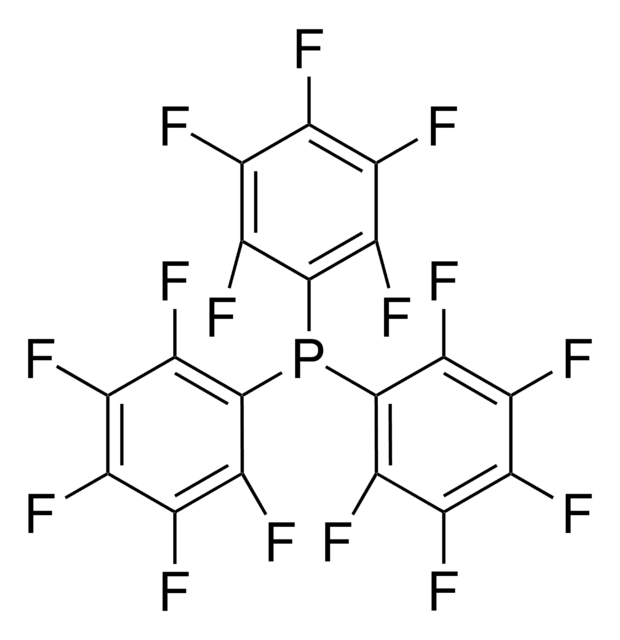
![3,6-Bis(5-bromo-2-thienyl)-2,5-bis(2-hexyldecyl)-2,5-dihydro-pyrrolo[3,4-c]pyrrole-1,4-dione 98%](/deepweb/assets/sigmaaldrich/product/structures/128/499/590a62c1-529b-42e2-96df-25659ec8c9e0/640/590a62c1-529b-42e2-96df-25659ec8c9e0.png)
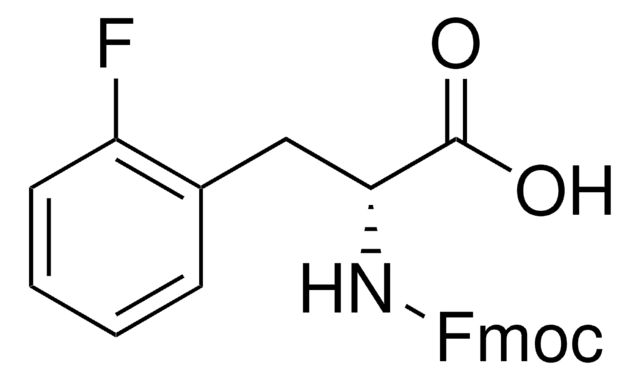


![2,4-Bis[4-(N,N-diphenylamino)-2,6-dihydroxyphenyl]squaraine 98%](/deepweb/assets/sigmaaldrich/product/structures/303/054/d8b9c845-3623-4f5a-8a30-ab6731034171/640/d8b9c845-3623-4f5a-8a30-ab6731034171.png)

